Have you ever wondered why your child’s eyes light up at the mere mention of “play”? Every child loves play, and it is an inseparable part of their life. Parents can notice the power of play when they see their children grow to be strong emotionally, psychologically, and physically.
At Mother’s Pet Kindergarten, we understand the importance of play and its effect on children. This understanding has helped us create an enriching environment that encourages growth and learning. In this blog post, we will discover the overall impact of play on kids and explore some fun games for kids that can improve their overall development.
The Importance of Play in Child Development
The importance of play in your child’s progress cannot be stressed enough. Have you ever seen your child completely absorbed in their game, their facial features focused, or beaming with happiness? In those times, they are not just enjoying themselves. They are gaining important life experiences. Therefore, play helps your child develop ways of dealing with the surrounding environment, solving issues, and even building friendships.
Remember the last time you tried fun games for kids when your child pretended to be a doctor. Were you a doctor, sewing up teddy bears or an adventurer exploring a house with new worlds in your living room? This is more than just an imaginative play. With fun games for kids, you can understand who they are, how they would like to play, and what they see around them.
As a parent, you are a key player in this entire process. You need to understand how to play when at home to increase the amount of meaningful play. What types of games does your child indulge in the most? By knowing the importance of play, you can observe the play your child enjoys for further educational and personal development.
Studies have shown that the power of play is reflected in the level of children’s brain development. It encourages the growth of neurons in the brain and improves learning ability. The power of play is also evident in essential aspects of elaborated knowledge, including planning, organisation, and decision-making. In addition, the importance of play goes beyond physical development. In fact, it helps children develop motor development and body awareness.
Types of Play in Children
Knowing various types of play in children can assist parents and educators in creating a holistic play experience. These are some of the types of play in children:
- Physical play: This includes any fun games for kids that involve motion and gross and fine motor skills. Gross motor skills include using large muscle groups of the body for control and coordination. Examples are running, jumping, climbing, dancing, and throwing a ball. Fine motor skills include slight muscle movement, such as playing dough and building Lego.
- Constructive play: Drawing, crafting, or simple construction with blocks makes it fall under this category of invention and problem-solving skills.
- Imaginative play: Imaginative play helps children enact different roles and situations. Examples include a dress-up corner, a pretend kitchen, a puppet theatre, and stuffed animal play.
- Social play: Playing with friends in games and other activities helps one gain social-interactive skills and focus on emotions.
All these types of play have a unique role in children’s development, underlining the importance of play in offering children a wide variety of games.
What are the Benefits of Play?
What are the benefits of play? Here are some key advantages:
- Cognitive development: Play is fun and boosts memory, language development and even abstract thinking.
- Social skills: One of the important uses of games in learning is when children learn to compromise, share, and resolve arguments.
- Emotional regulation: Play also helps children become more aware of their feelings.
- Physical health: This kind of play enhances motor development and fosters physical fitness and coordination.
- Creativity and imagination: Play creates ideas and self-expression in children.
Knowing the benefits of play can encourage parents and educators to prioritise play in young children’s daily activities.
Playful Milestones: Age-appropriate Games for Growing Minds
Here are some age-appropriate fun games for kids that support their growth:
3-Year-Olds:
- Colour Scavenger Hunt: Strengthens the ability to identify colours and the use of language.
- Simple Puzzles: Improves solution-finding and fine motor skills.
- Follow the Leader: Helps develop gross motor skills and concentration.
4-Year-Olds:
- Simon Says: Enhances listening skills and body balance.
- Memory Game: Improves memory and other cognitive skills.
- Ball Rolling: Improves hand-eye coordination and turn-taking.
5-Year-Olds:
- I Spy: Encourages the growth of language for observations and description.
- Simple Board Games: Teaches the skill of following rules and strategies while playing games.
- Alphabet Treasure Hunt: Supports letter recognition once again.
6-Year-Olds:
- Simple Science Experiments: Introduces fundamentals of scientific concepts.
- Obstacle Courses: Improves physical coordination and numerical sequential abilities.
- Charades: Improves non-verbal communication and vocabulary.
These indoor board games and activities are designed for fun learning and to help children in their developmental areas.
The age-appropriate games mentioned show the uses of games in child development. They provide coverage of the types of play in children: physical and fantasy games, constructive and social games. When playing these fun games for kids, children at Mother’s Pet Kindergarten School (MPS) are trained with skills that support their learning and growth.
The power of play is in the capacity to make learning natural and fun for children. As the children go through these age groups, you will realise that the games get more challenging. The challenges will help them gain more skills necessary for the future.
Conclusion
The power of play is one of the most influential factors determining a child’s development. Play is central to cognitive, social, physical, and even language development. Understanding the importance of play and including different types of play in children’s schedules can benefit a child’s development.
Our curriculum is designed to harness the power of play, offering a wide range of fun games for kids that support their growth across all developmental domains. By creating a play-rich environment, we can nurture happy, confident, and well-rounded individuals ready to take on future challenges.
At Mother’s Pet Kindergarten, we realise the role of play in early childhood. Our curriculum is designed to expose children to the power of play. We also offer a wide range of fun games for kids that help them learn and develop across all domains of development. We are convinced that providing a play-based learning environment will foster happy, confident, and all-rounded individuals in the future.
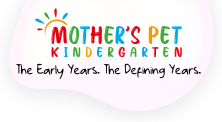
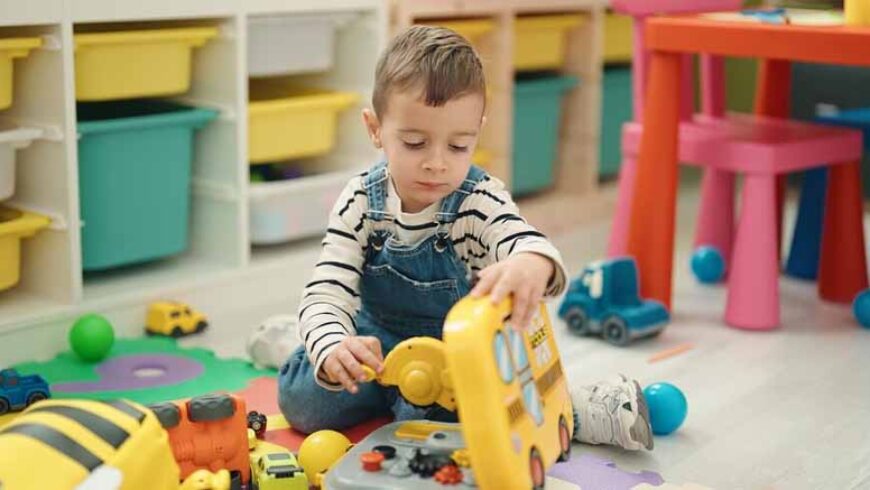



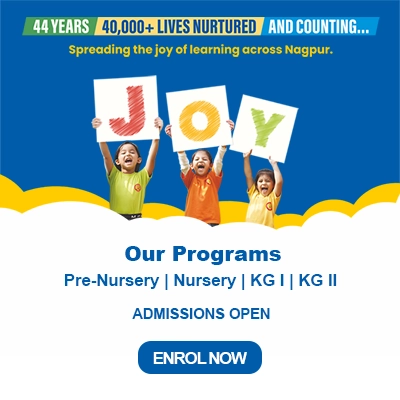

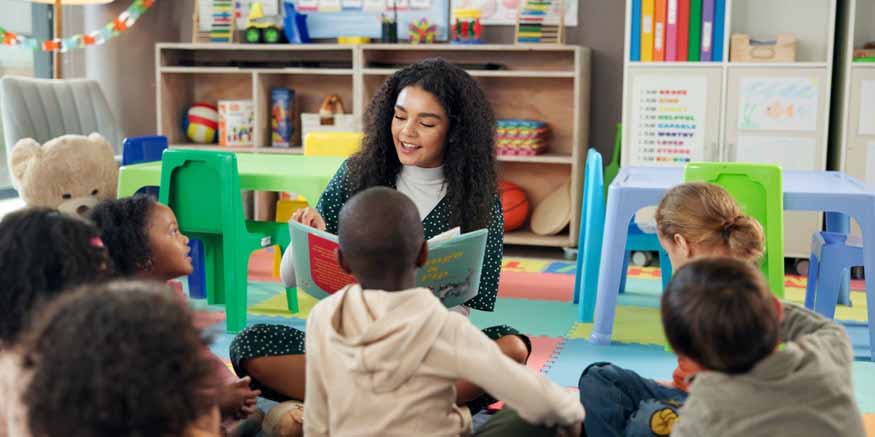
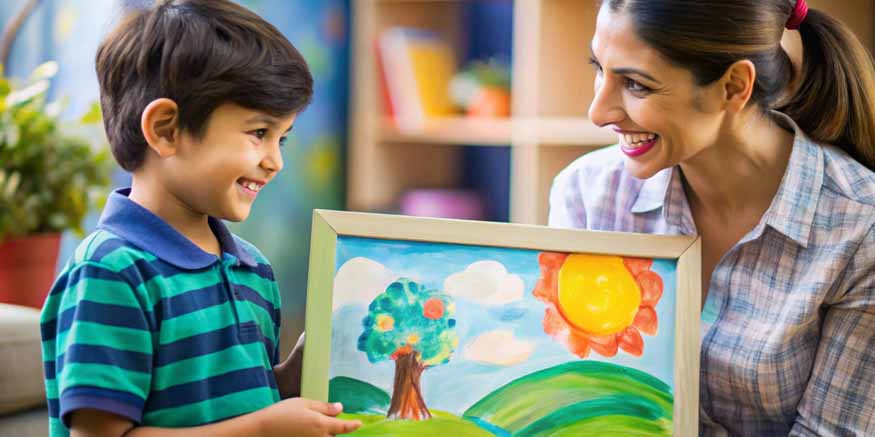
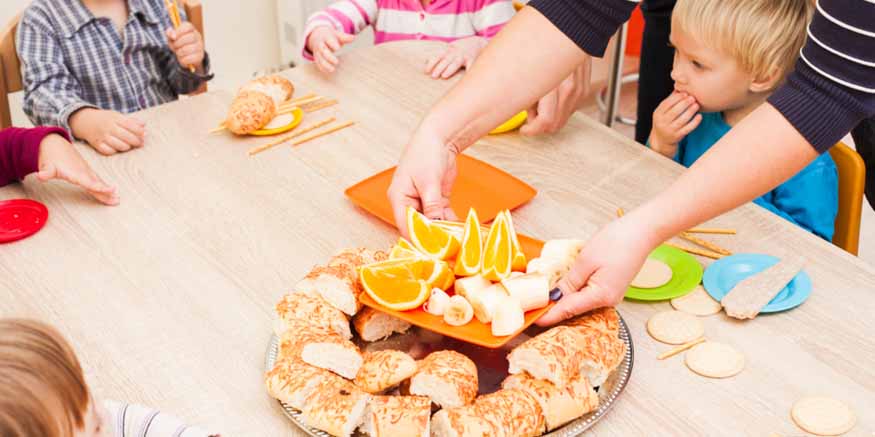

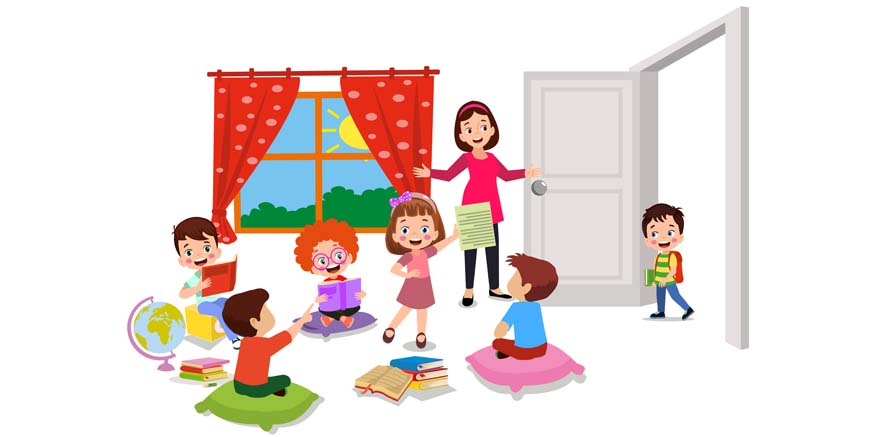

Recent Comments